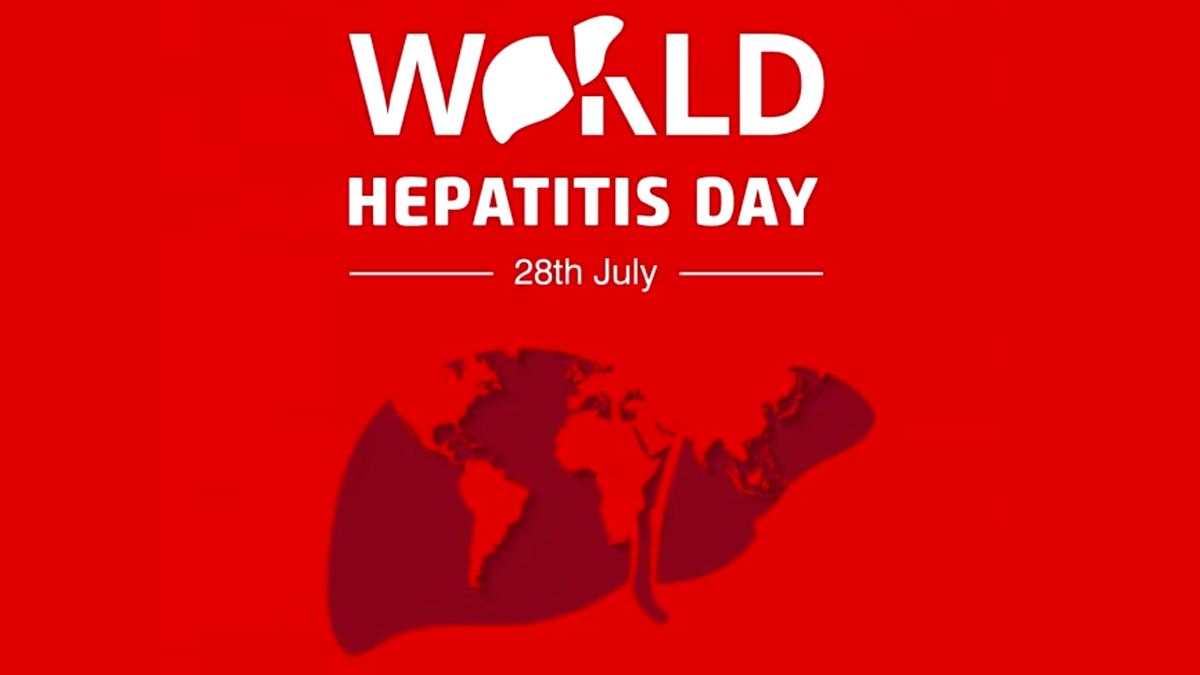
Every year on July 28th, World Hepatitis Day is observed worldwide to raise awareness about viral hepatitis and its impact on global health. This significant day serves as an opportunity to highlight the importance of prevention, diagnosis, and treatment of hepatitis, a group of infectious diseases that affect the liver. Here's a brief overview of World Hepatitis Day 2023, its history, significance, theme, and some important details:
Date of World Hepatitis Day
World Hepatitis Day is celebrated on July 28th each year.
History Of World Hepatitis Day
The World Health Organization (WHO) and other international organisations, along with governmental and non-governmental entities, initiated World Hepatitis Day in 2010. Its establishment aimed to address the increasing global burden of hepatitis infections and the urgent need for action.
Significance of World Hepatitis Day
Hepatitis is a major public health concern that affects millions of people around the world. Viral hepatitis, including Hepatitis A, B, C, D, and E, can lead to severe liver damage, cirrhosis, liver cancer, and even death if not properly addressed. World Hepatitis Day plays a vital role in promoting awareness, encouraging preventive measures, and supporting access to testing and treatment options.

Also read: 7 Benefits Of Karanja Oil for Skin And Hair
Theme of World Hepatitis Day 2023
The theme for World Hepatitis Day 2023 is usually announced by the WHO or other organising bodies closer to the date. This theme will likely focus on a specific aspect of hepatitis prevention, treatment, or awareness, aiming to engage communities and health professionals worldwide. This year’s theme is One Life, One Liver
Important Details for World Hepatitis Day
On World Hepatitis Day 2023, various events, campaigns, and activities will be organised globally to educate people about the different types of hepatitis, modes of transmission, and prevention methods. Health authorities and organisations may conduct free screenings, vaccination drives, and awareness sessions to reach out to vulnerable populations and the general public.
Individuals can actively participate by sharing information about hepatitis on social media platforms, supporting fundraising initiatives for hepatitis research and treatment, and urging policymakers to prioritise hepatitis-related interventions.







